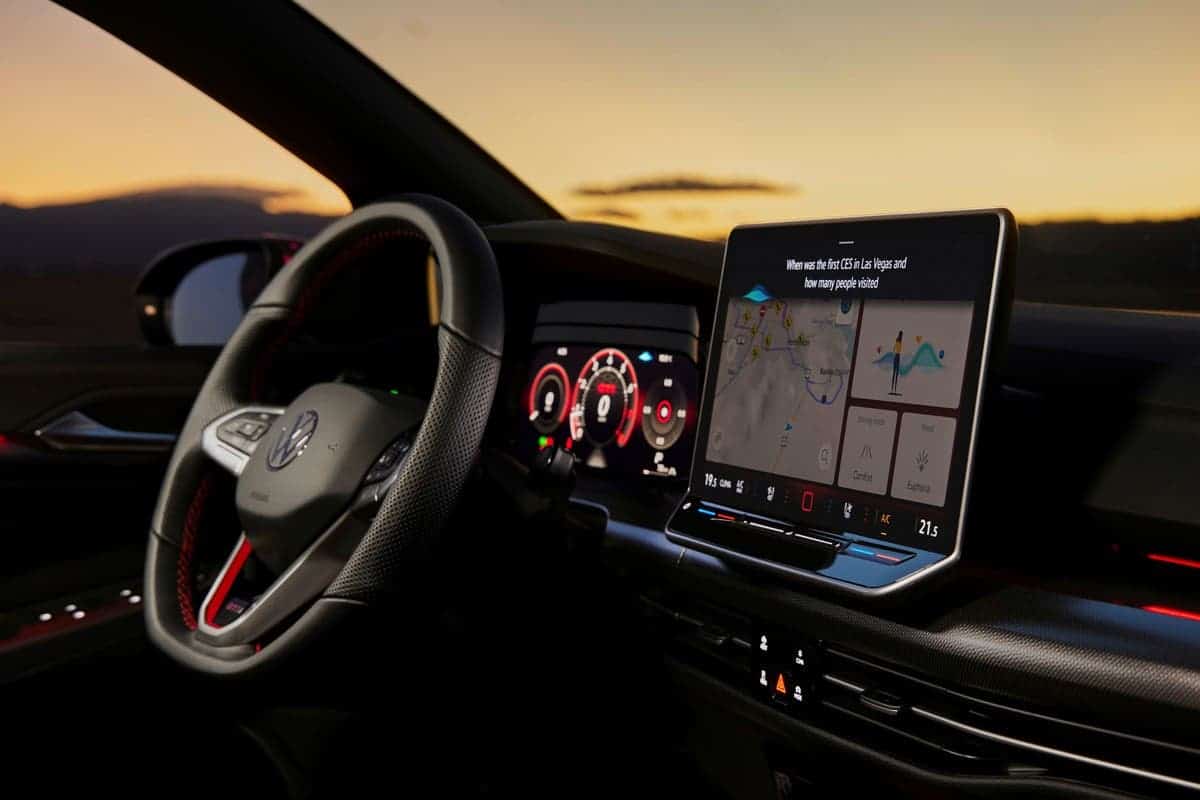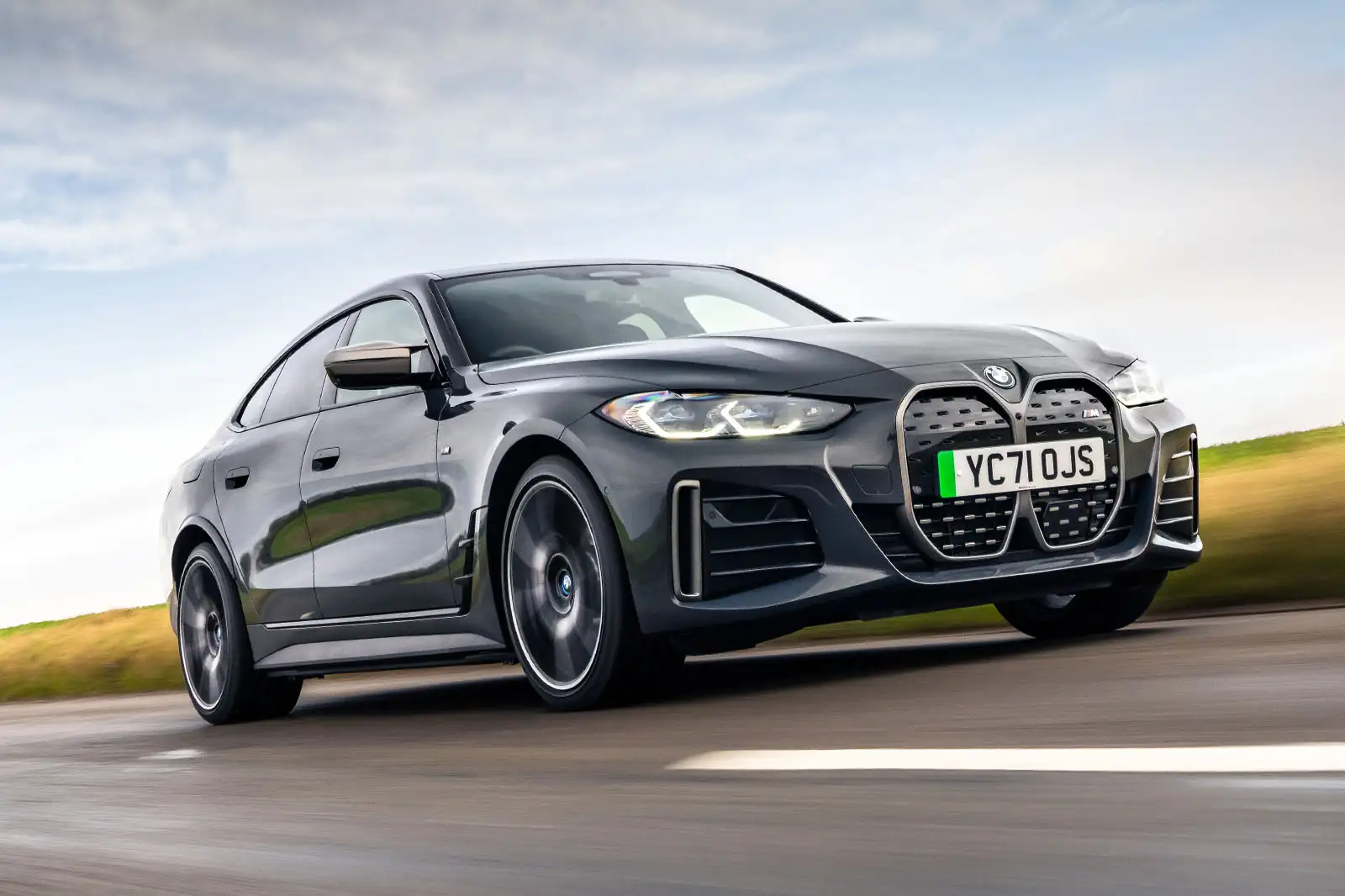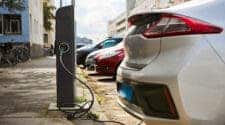Germany is the second largest electric car maker globally, with a significant production volume in 2023. According to the German Association of the Automotive Industry (VDA), the country produced 1.27 million pure electric vehicles and plug-in hybrid vehicles in 2023, ranking second in the world after China. In 2023, a total of 995,000 pure electric vehicles rolled off German production lines. This number is substantial, indicating the country’s commitment to electric vehicle production. China currently dominates the global production of electric vehicles, but most of the cars are only sold domestically. In contrast, 76% of Germany’s electric vehicles are sold overseas, making it a significant player in the global electric vehicle market.

European Leadership
Germany has emerged as the leading electric car market in Europe, with significant growth and adoption rates. As of January 1, 2022, Germany had the largest stock of plug-in electric cars in Europe, accounting for 2.5% of all passenger cars on German roads. In 2020, Germany registered a record 394,632 plug-in passenger cars, surpassing Norway and becoming the top-selling country market in Europe. This growth has continued, with cumulative registrations totalling 1,178,178 plug-in electric passenger cars since 2010, consisting of 599,254 all-electric cars and 578,924 plug-in hybrids.
The country’s strong research and development infrastructure, highly qualified workforce, and industry value chain integration have enabled companies to develop cutting-edge technologies, addressing future mobility needs.
Germany’s electric car market has seen significant growth, with sales more than doubling in 2021 to 681,410 rechargeable units, capturing a record market share of 26.0%. The country’s market share of electric cars in total car sales has also increased, reaching 25% in 2023, with electric cars accounting for 17% of total European sales in 2021.
Germany is undoubtedly the leader in European electric vehicle production, with its output exceeding the combined total of second-ranked Spain (256,000 vehicles) and France (225,000 vehicles). The country’s well-known automakers, such as Volkswagen, BMW, and Mercedes-Benz, contribute significantly to this production volume.
Market Share and Future Projections
Germany’s Federal Transport Authority estimates that around 10 million electric cars will be registered in Germany by January 1, 2030. This is only a projection and it may vary based on multiple factors such as policy changes or technological advancements. Based on the existing vehicle population, this would mean a market share of 20 to 25 per cent for electric cars. This projection highlights the significant growth potential for electric vehicles in Germany.
Software Development and Supply Chain Complexities
German automakers also face complexities in software development and supply chains, causing them to lag behind Tesla and Chinese original equipment manufacturers (OEMs) in electric vehicle technology and efficient supply chains. In addition, German automakers often need to work with American and East Asian companies to meet their battery needs, which leads to dependence problems and slows down the pace of catching up in battery technology research and development.
Gizchina News of the week

History of Germany’s electric car market
Germany has a rich history in the development and adoption of electric cars. The country has been at the forefront of electric vehicle (EV) innovation, with significant milestones in both the early and modern eras. This essay will explore the history of Germany’s electric car market, highlighting key events, technological advancements, and policy initiatives that have shaped the industry.
Germany’s electric car history dates back to the late 19th and early 20th centuries. In 1898, Dr. Ferdinand Porsche engineered the Egger-Lohner C.2 Phaeton, an electric-drive vehicle that could reach speeds of up to 22 mph. This early innovation was a precursor to the modern electric cars that would follow. Other notable early electric car manufacturers in Germany included Studebaker and Detroit Electric, which produced electric cars from the early 1900s to the 1930s.
After World War II, Germany’s electric car industry experienced a significant decline. The rise of internal combustion engines and the increasing availability of gasoline made electric cars less competitive. However, the 1970s oil crisis led to renewed interest in electric vehicles, and Germany began to invest in EV research and development. This period saw the introduction of the first electric cars with modern battery technology, such as the 1970s-era Volkswagen Golf Electric.
Modern Era
In recent years, Germany has made significant strides in promoting electric cars. The country has set ambitious targets to reduce greenhouse gas emissions and phase out internal combustion engines. In 2019, the German government announced plans to ban the sale of all internal combustion vehicles by 2030, a move that has accelerated the adoption of electric cars.

The German electric car market has seen significant growth, with over 395,000 new electric cars registered in 2020 alone. This growth has been driven by government incentives, such as subsidies and tax deductions, as well as increasing consumer awareness of the environmental benefits of EVs. The country’s major automakers, including Volkswagen, BMW, and Mercedes-Benz, have also invested heavily in electric vehicle technology and production.
Challenges Ahead
Despite the promising outlook and rich history, of Germany’s electric car manufacturing in 2024 is not entirely optimistic. The German government’s electric vehicle subsidy plan, which was originally planned to last until the end of 2024, was suddenly shelved after the 2024 budget revision. This cancellation has caused a 60 billion euro gap in the national budget, forcing the government to cancel several projects.
One major hurdle is the lack of charging infrastructure, particularly in rural areas. Also, the high upfront cost of EVs remains a barrier for many consumers. However, the government’s ban on internal combustion engines by 2030 should drive further innovation and investment in the electric car industry.
Conclusion
Germany’s electric vehicle production is a significant contributor to the global market, ranking second only to China. The country’s commitment to electric vehicle production is evident in its substantial production volume and significant export share. While challenges lie ahead, Germany’s automotive industry remains a key player in shaping the future of transportation solutions.





